
The Kerr surname carries an interesting story: there is a legend that the Kerrs were predominantly left-handed. This trait was so distinctive that some of their castles were designed with spiral staircases featuring a left-hand thread.
This unique design was thought to give left-handed swordsmen an advantage in defending their homes. What do you think? Is this legend true or just a myth?
This legend was linked to the Gaelic word cearr, meaning “wrong” or “awkward.” However, while this legend is entertaining, it has no historical, etymological, or even logical basis. What is certain, though, is that the Kerrs have a long history in Scotland and beyond.

The Kerr Surname Meaning
The surname Kerr is believed to come from the Old Norse word kjarr, meaning “brushwood” or “copse” (a small group of trees). This suggests that the name originally described someone who lived near woodland or marshy areas. However, there is no known settlement in Scotland with this name.
The origin of the Kerr Last Name
Although the surname can be found in England before 1200, it likely arrived in the British Isles by Norse settlers. The name even appears in 10th-century Norse sagas, adding to its heritage.
In fact, in the 15th and 16th centuries, the name was spelled in various ways, including “Carr”. Sounds similar to kjarr, doesn’t it?
The History of the Kerr Surname
In Scotland, the earliest known Kerr was Johannes Kerr of Swynhope in Peeblesshire, who witnessed the perambulation of Stobo Manor around 1190. Other early mentions include Thomas Kaurr, Sheriff of Roxburghshire in 1264, and Thomas Kerr, a merchant burgess of Aberdeen, whose ship was plundered by the English in 1273.
Several Kerrs, including William Kerr of Ayrshire, Henry Kerr of Edinburgh, and Nicol Kerre of Peeblesshire, signed the Ragman Roll in 1296, swearing allegiance to Edward I of England. By the 14th century, the Kerrs had become well-established in the Scottish Borders, gaining land and influence.
The Kerr Clan
The Kerrs are best known for their prominence in the Scottish Borders, particularly through the rival houses of Ferniehirst and Cessford. They were Border Reiver families, known for their involvement in the turbulent and lawless Scottish Borders during the late medieval period.
These two branches often vied for the position of Warden of the Middle March, a lucrative role that was critical to maintaining law and order in the Borders. Their rivalry ended in 1631 with a marriage, which led to the creation of noble titles in Lothian and Roxburgh.
From this alliance, the modern forms of the name are “Ker,” normally associated with the Roxburgh branch of the family, and “Kerr,” linked to the Lothian branch.
Clan Kerr Motto and Crest
Sero sed serio (Late but in earnest).
Clan Kerr Tartan
The most well-known Kerr tartan features a combination of rich red and dark green colours. These bold colours reflect the clan’s Border heritage and its role in the often turbulent history of the Scottish Borders.
Some Variations of the Kerr Surname
The surname Kerr has several variations:
- Ker – Often associated with the Roxburgh branch of the family in Scotland.
- Carr – A variant spelling used historically, especially in the 15th and 16th centuries in Scotland and England.
- Carre – A form found in older records, particularly in medieval England.
- Karre – An alternative spelling occasionally found in historical documents.
- Cearr – A Gaelic spelling, although this is less common and likely influenced by the theory linking the name to the Gaelic word cearr (meaning “wrong” or “awkward”).
- Karie – A Norse variant appearing in Scandinavian sagas.
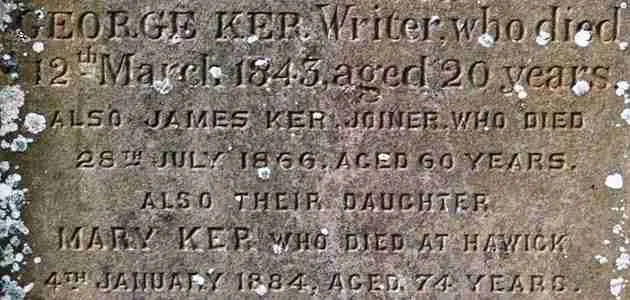
In conclusion …
the Kerr name eventually spread across Scotland with branches forming in Lanarkshire, Ayrshire, and the west coast of Scotland, including the Isle of Arran.
Many Kerrs emigrated to Ireland and, later, to countries such as Canada, Australia, and the United States, carrying their legacy far and wide. Are you a Kerr?
Thank you for joining me on another historical journey into a Scottish surname.
Please remember to leave a comment below and if you want me to write about your Scottish surname, then please let me know.
Good luck with your family history research.
Until my next post, haste ye back.
Enjoyed this post?
Keep up-to-date with my latest posts and tips below:
We hate SPAM & promise to keep your details safe.
You may also like...
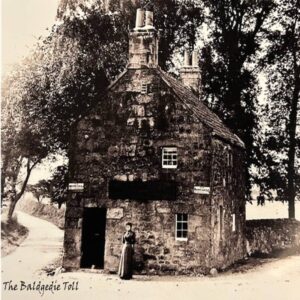
The Life of a Tollkeeper
A tollkeeper was a person who collected road fees from travellers. This old occupation was prominent during the 18th and 19th centuries.
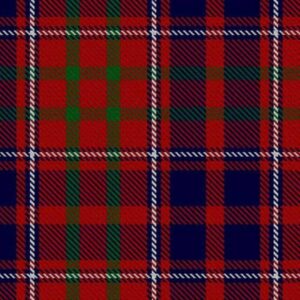
Cameron Surname: Origin, Meaning & History
The Cameron surname has Gaelic origins and it is associated with Clan Cameron, one of the most influential Highland clans.
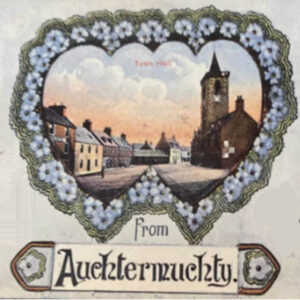
Ancestral Visit to Auchtermuchty, Fife
Auchtermuchty in Fife is known as Muchty to locals. What does Stratheden Whisky, Jimmy Shand and the Proclaimers have in common?
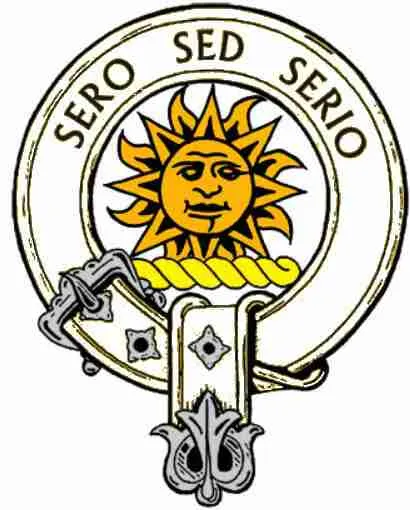
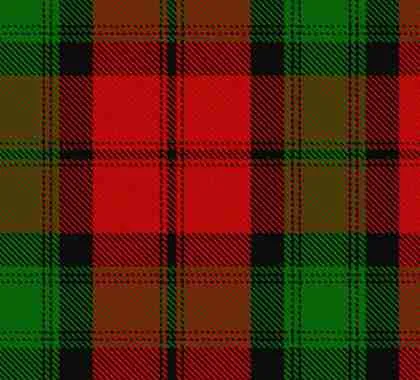

One of my paternal great grandmothers was a Kerr resident in the US State of South Carolina. Interestingly, we have an unexpectedly high percentage of left-handed people who are members of this line.